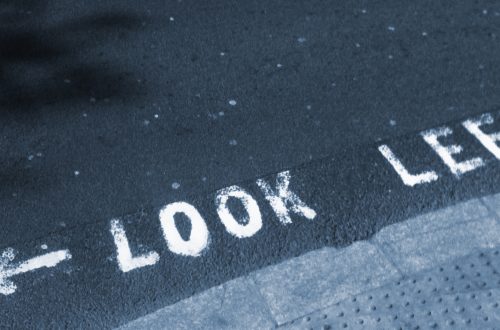The Susijn Agency:
Established in 1998 by Laura Susijn
The agency’s focus is on authors with international appeal, selling rights worldwide. Laura represents authors writing in various different languages.
We work with subagents in Israel, Eastern Europe, Japan, China, Korea, Turkey.
Gilad Atzmon is a listed author.
His book – which dubs the Holocaust a “religion” which predated Hitler, and questions whether blood libels were really invented – is profiled on the Susijn Agency website, carrying a quote from John Mearsheimer:
‘Gilad Atzmon has written a fascinating and provocative book on Jewish identity in the modern world. He shows how assimilation and liberalism are making it incredibly difficult for Jews in the Diaspora to maintain a powerful sense of their ‘Jewishness.’ Panicked Jewish leaders, he argues, have turned to Zionism (blind loyalty to Israel) and scaremongering (the threat of another Holocaust) to keep the tribe united and distinct from the surrounding goyim. As Atzmon’s own case demonstrates, this strategy is not working and is causing many Jews great anguish. The Wandering Who? Should be widely read by Jews and non-Jews alike.’
What can you read in Gilad Atzmon’s The Wandering Who? – the book that Mearsheimer recommends here?
In The Wandering Who? book preview, you can read:
Some Jews are rather unhappy with Charles Dickens’ Fagin and Shakespeare’s Shylock, who they regard as ‘anti-Semitic.’
Here is Atzmon on neo-Nazi fascist “Israel Shamir” in the The Wandering Who?:
“Among the most productive critical voices of Israel and Jewish-ness you will find Israelis and ex-Israelis such as Israel Shahak, Israel Shamir […]”
Here is Atzmon on Hitler’s favourite Jew, Otto Weininger, in The Wandering Who?:
For the last decade I have been drawing many of my insights from a man who has been totally eradicated from Western academic and scholarly discourse. Considering the influence he exerted in the first half of the twentieth century, this complete disappearance certainly raises some questions. Wittgenstein considered him to have had a major impact on his life. James Joyce drew upon him when writing Ulysses. Once can easily trace his thoughts in Lacan and Heidegger. Even Hitler supposedly mentioned him, admitting: ‘There was one decent Jew, and he killed himself.’ This man was Otto Weininger, and although he was one of the most influential thinkers of the first four decades of the twentieth century, few are still familiar with his thoughts or have even heard his name. Weininger was an anti-Semite as well as a radical misogynist. He didn’t like Jews or women, yet as you might have already suspected, he was a Jew himself and, insofar as historical research can disclose such truths, an effeminate one.
Weininger was an aphorism artist. Many of his statements can’t be taken seriously. Some of his anti-women and anti-Jewish rants evoke the image of a naughty schoolboy struggling to understand the concept of adulthood. Yet Weininger is an astonishing thinker. […] Simply put, here is far too much wisdom in Weininger for us to cast him aside without looking.
[…]
Otto Weininger helped me grasp who I am, or rather who I may be, what I do, what I try to achieve and why my detractors invest so much effort trying to stop me.
“Thanks to Weininger, I realised how wrong I was – I was not detached from the reality about which I wrote, and I never shall be. I am not looking at the Jews, or at Jewish identity, I am not looking at Israelis. I am actually looking in the mirror. With contempt, I am actually elaborating on the Jew in me.”
[…]
According to Weininger, some Jews oppose in others that which they despise in themselves. This tendency is called anti-Semitism, but Jews are not alone. Some non-Jews find Jewish tendencies within themselves as well. Weininger elaborates: ‘Even Richard Wagner, the bitterest anti-Semite, cannot be held free of accretion of Jewishness, in his art.’ I would argue that, for Weininger, Jewish-ness is a mindset that some of us possess and a very few of us try to oppose.
[…]
[Weininger] adored Aryan masculinity because he probably lacked that quality in any significant amount in his own being. This revelation probably led Weininger to kill himself, just a month after the publication of his book. Very likely, he had managed to understand what his book was all about.”
There’s also this:
“some may be bold enough to argue that ‘Hitler might have been right after all’“
If the quote published by the Susijn Agency is true, then it very much looks like John Mearsheimer has endorsed a Nazi book.


